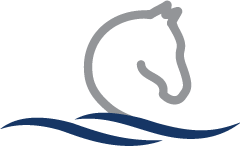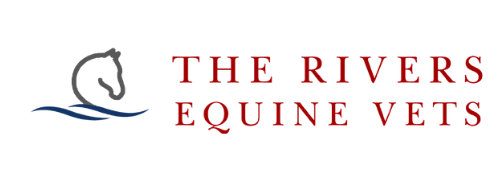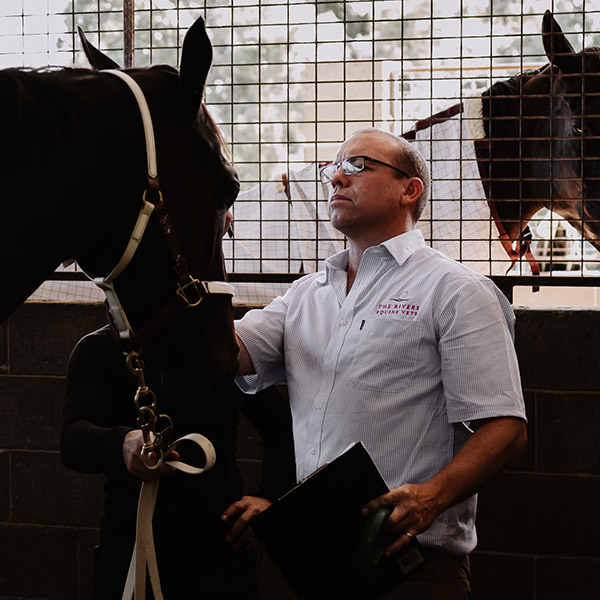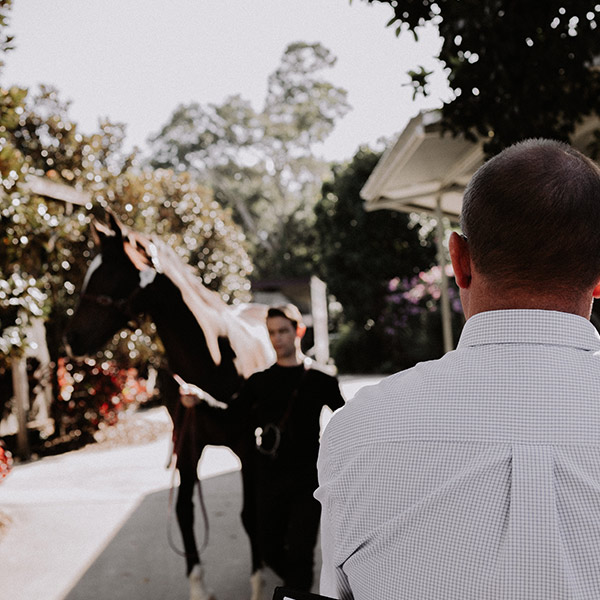FAQs
There is no question too big or too small for our veterinary team.

Answers to Our Most Common Questions
Booking Your Appointment Information
Our friendly office staff is available from Monday to Friday, 8:30 AM to 4:30 PM on (02) 6672 3898 to assist with booking your appointments.
When booking your appointment, it is important to be able to provide as much information as you can about your equine friend and the reason for booking your appointment.
This can include a general health history, any symptoms (including temperature), the timeframe of current symptoms, any previous medication given, treatment details, and any other information you might believe is relevant.
You can also forward any photos that you might have relating to your horse to our email admin@theriversequinevet.com.au. You can also help our team by having your availability with a few options ready so that we can work out a suitable time for you.
Preparing for Your Appointment Information
Now you have your appointment booked. There are some helpful things you can do to prepare for the visit from our equine vets:
- Have any relevant health information/details on hand.
- We may at times be held up at prior appointments or emergencies. In these cases, we will keep you updated on our anticipated arrival and do our best to get there as close to your appointment time as possible.
- If possible, we request that you have your equine friend tied up with the appropriate headstall / lead-rope and ready to go at least 15 minutes prior to your appointment.
- It is ideal to have your equine friend as clean as possible and in a flat, dry environment for assessment by the vet. This means that you will get the most out of the vet’s assessment of your horse.
- If possible, it can be very useful to have access to clean water and shelter if there is inclement weather.
Post Appointment Information
Once our vet has visited your equine friend, you may be left with medication and care instructions. If you have any questions after your appointment, feel free to contact our office on (02) 6672 3898, and we can direct your queries to the appropriate vet.
You will also be sent (usually by email) an invoice for your visit. Payment details and methods are set out at the bottom of the invoice. We will endeavour to have your invoices emailed out within 2 – 3 days of your appointment. If you do not receive an email within that timeframe, please first check your junk/spam folder, and if it still cannot be located, please contact our office. Likewise, if you have any questions relating to your invoice, please contact our office to discuss your queries.
Do you have accounts or allow payment plans?
All invoices that are delivered are due on receipt of the invoice. We aim to continue to provide a fantastic service to all our clients. To continue to do so, we are unable to facilitate payment plans or accounts.
What payment options are available?
We accept cash, EFTPOS, cheque, and direct funds transfer. Payment details and methods are set out at the bottom of the invoice.
Do you attend after-hours emergencies?
We do provide an after-hours emergency service for our clients. This service is provided at a higher cost than our normal business hour rates.
If you have an emergency, you can ring our office number (02) 6672 3898, and it will divert to our on-call equine vet.
If the phone is not answered immediately, please leave a voicemail message, and our on-call vet will get back to you as soon as possible.
What is included in a pre-purchase exam?
Buying a horse whether for competition or pleasure is an important investment for now and the future. A pre-purchase examination is designed to look for any current or potential problems in a horse. Pre-purchase exams are not limited by age and include both a history, discussion of past and future expectations of the horse, a thorough physical examination and lameness evaluation. The objective is to reduce the buyer’s risks in relationship to the general health and athletic soundness of the horse for sale.
- Full physical examination (including conformation, body condition, and hoof examination)
- Basic neurologic exam
- Flexion test of all four limbs
- Movement assessment (walk/trot in a straight line on a hard surface)
- Turning, backing, and lunging
- Observation under saddle or on lunge (trot or canter for at least 15 to 20 minutes)
- Assessment during cool down (to assess fitness level and monitor heart rate)
- Ridden assessment
- Blood testing
- Radiographs
- Endoscopy
- Ultrasound
- Final assessment of gait and trot up at walk/trot (on a hard surface in a straight line as well as lunging) and repetition of flexion tests




